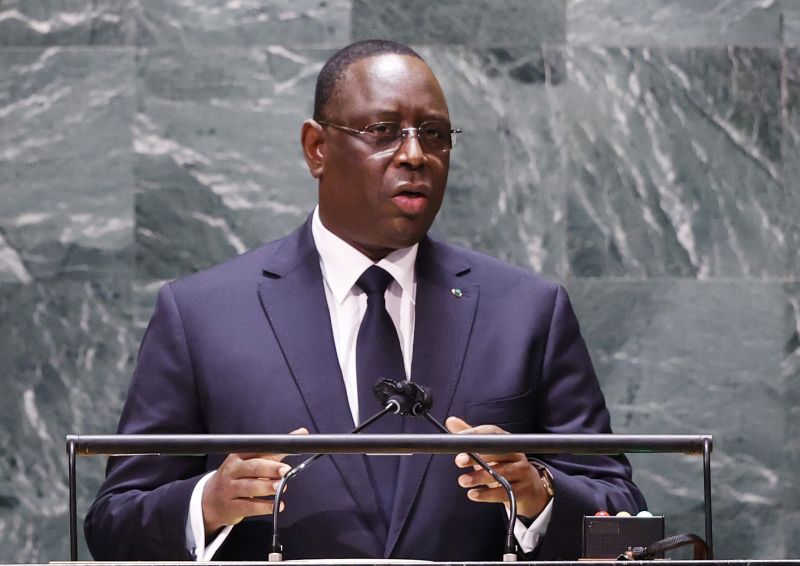In a recent turn of events, Macky Sall, the esteemed President of Senegal, has issued a solemn vow that he plans to step down from his presidential role once his official term concludes. This decision signifies a significant turning point in Senegal’s political landscape, making it a focal point of discussion both domestically and internationally.
Macky Sall, a man not new to the political sphere, has served as Senegal’s president since April 2012 after winning the presidential election. His presidential tenure has been marked by numerous achievements spanning diverse sectors such as economics, education, agriculture, health, and technology.
Undoubtedly, President Sall’s vow to relinquish his presidency at the end of his second term is intriguing. Significantly, it marks an assured adherence to the constitutional provision, which stipulates a two-term limit for presidents. This decision is a palpable demonstration of Sall’s commitment to democratic principles and institutions.
Moreover, this vow comes amid growing concerns about third-termism in Africa, where several leaders have manipulated constitutions to extend their stay in power. By reiterating his promise to step down, Sall has not only affirmed his respect for the constitution but also contrasted himself with other African leaders who have harboured third-term ambitions.
In terms of the implications for Senegal’s political landscape, President Sall’s decision is bound to usher in a new era of leadership. In the not too distant future, the citizens of Senegal will have the opportunity to elect a new leader to carry forward the kind of progress and development that has been characteristic of President Sall’s administration.
However, it’s not just about the potential change in leadership; it’s also about the precedent President Sall is setting. By respecting the two term limit, he reinforces the notion that leaders should serve their citizens rather than become career politicians. It provides a counter-narrative to the ‘president-for-life’ syndrome which is all too common in Africa, boosting democratic institutions and adherence to constitutionalism.
Understandably, this move will not be devoid of skepticism. Critics may doubt the sincerity of President Sall’s vow, given past instances where African leaders have retracted similar promises. Thus, as commendable as Sall’s vow may be, it will not fully resonate until brought to fruition.
Sall’s pact is not only with the Constitution but also with the people of Senegal. Reflecting this unique relationship between a leader and his people, his promise underscores one of the most essential facets of democratic governance – the will of the people. By relinquishing power at the end of his term, Sall sets an exemplar for potential successors, outlining the path that they, too, should aspire to follow.
In essence, President Macky Sall’s pledge to step down after his term ends is a testament to his commitment to democracy and good governance. While the future of Senegal’s political landscape hangs in the balance, there is little doubt that Sall’s vow brings hope for the reinforcement of democratic values and constitutionalism in Africa.




